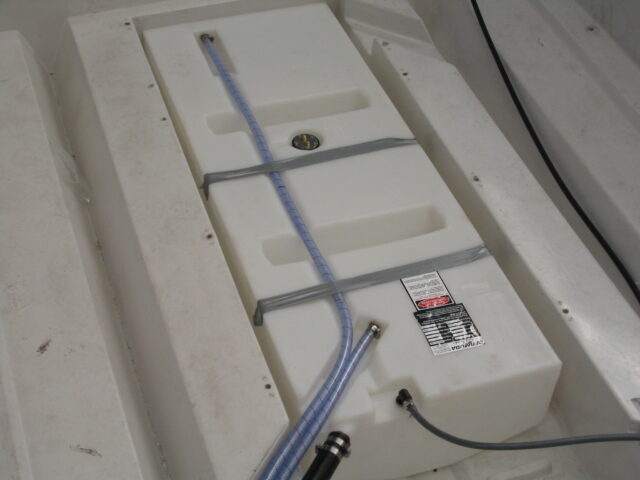

Every boat owner knows the importance of a reliable fuel tank. This essential component keeps your vessel running smoothly, allowing you to explore the waters and create lasting memories and being your lifeline for when you are far from shore. But with various sizes, materials, and maintenance needs, navigating the world of boat fuel tanks can feel overwhelming. This guide will equip you with the knowledge to choose the right tank for your boat and ensure safe and enjoyable boating experiences.
Understanding the Essentials: Permanent vs. Portable Tanks
There are two main types of boat fuel tanks:
Choosing the Right Tank:
Selecting the right boat fuel tank depends on several factors:
Fueling Freedom: Exploring Portable Tank Options (3 Gallon, 6 Gallon & 12 Gallon Gas Tank)
Not all boats are created equal, and neither are their fuel tank needs! This section dives deeper into the world of small, portable boat gas tanks, specifically focusing on popular sizes like 3-gallon, 6-gallon, and 12-gallon options.
Remember: It’s always better to have more fuel than you think you’ll need. Carrying a spare portable tank can provide peace of mind and prevent an unexpected stop for gas.
Keeping it Safe: Essential Boat Fuel Tank Maintenance
Regular maintenance is crucial for ensuring the longevity and safety of your boat fuel tank. Here are some key tips:
Setting Sail with Confidence: Troubleshooting and Replacement
Even the most prepared boater can encounter unexpected issues. This section covers troubleshooting tips for common boat fuel tank problems, such as leaks, malfunctioning vents, or faulty sending units. It also discusses when a boat fuel tank replacement might be necessary. Knowing what to do in these situations can prevent a minor inconvenience from turning into a major ordeal.
Beyond the Basics
For additional resources and support, consider these helpful keywords:
By understanding boat fuel tanks and their maintenance needs, you can ensure your boating adventures are filled with fun and relaxation, not the stress of a potential breakdown. So set sail with confidence, knowing your vessel has the fuel it needs to power your journey!


Driving onto your trailer, missing the bow stop and potentially causing damage to your boat or winch is now a thing of the past. Thanks to BIGVEE™ you can drive on knowing you can land the boat in the perfect position every time – whatever the weather.
